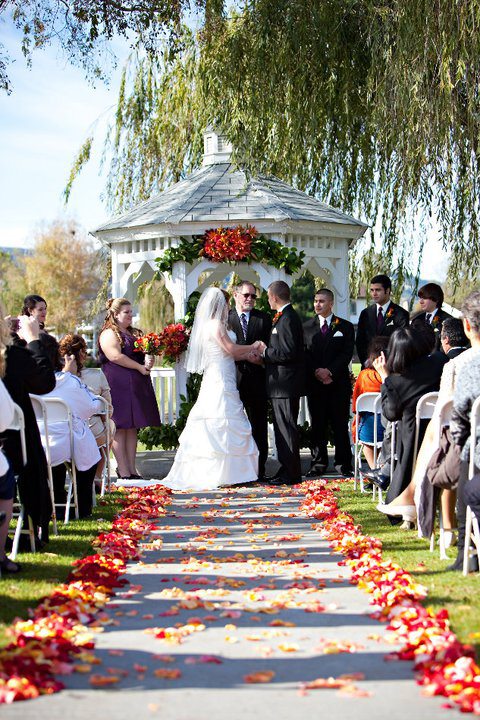How Much Money Should You Have Before Planning a Wedding?
Planning a wedding can be one of the most exciting yet challenging events in a couple’s life. As you embark on this journey, many questions may arise, such as, “how do I start planning my wedding?” One of the fundamental aspects to consider right off the bat is your budget. In this blog post, we will explore how much money you should ideally have before diving into the planning process.
Understanding Wedding Costs
Before you can determine how much money you should have set aside, it is essential to understand the various costs associated with weddings. On average, weddings can range anywhere from $20,000 to $50,000 in the United States, but the final expense will largely depend on several factors like venue, guest count, and any personal touches you wish to include.
Breakdown of Major Costs
1. **Venue**: The venue can consume a significant portion of your budget, often between 30% to 50% of your total expenses. Popular venues may charge a premium, so it’s vital to have a realistic expectation of costs.
2. **Catering**: Quality catering is crucial, as food is a central element of any celebration. Depending on the menu and number of guests, catering can account for 30% to 40% of the wedding budget.
3. **Attire**: Whether it is the wedding dress, tuxedo, or attire for the wedding party, clothing costs can add up quickly. Set aside at least 10% of your budget for attire.
4. **Photography and Videography**: Capturing the day is essential, and skilled professionals can demand substantial fees. Allocate about 10% of your total budget for these services.
5. **Decorations and Flowers**: While they can enhance the ambiance of your wedding, they also contribute significantly to costs. Depending on your vision, floral arrangements and decor can take up 10% of your budget.
Additional Costs to Consider
Beyond these primary elements, you will want to account for additional expenses like invitations, entertainment, transportation, wedding planning services, and any unexpected costs that may arise. It’s prudent to set aside an additional 10% of your budget as a buffer for such expenses to ensure you’re covered.
How to Create Your Wedding Budget
Once you have a comprehensive understanding of what potential costs to expect, you need to lay out a wedding budget. Here’s how you can get started.
1. **Determine Your Total Budget**: Before you can start allocating funds, it’s essential to establish how much you are willing to spend on your wedding. This figure will encompass all the costs we’ve discussed and will give you a framework for your planning.
2. **Identify Funding Sources**: Consider where the money will come from. Will it be from savings, parents, or perhaps a wedding loan? Clarifying this will help set realistic limits on your expenses.
3. **Prioritize Your Needs**: Not all weddings will have the same priorities. Sit down with your partner and determine what aspects of the wedding are non-negotiable versus those that are flexible. This approach will help in allocating your budget effectively.
4. **Research and Compare**: Take time to research costs in your area. Compare quotes from different vendors to ensure you’re making informed financial decisions.
5. **Track Your Expenses**: As you begin the planning process, be diligent about tracking your expenses. Use budgeting tools or apps to stay on top of your finances and make sure that you remain within your predetermined budget limits.
How Much Money Should You Have Before Planning a Wedding? – Final Thoughts
In conclusion, before you ask, “how do I start planning my wedding?” take time to consider your budget comprehensively. Having a clear understanding of the costs, setting a realistic budget, and prioritizing expenditures will set a solid foundation for your planning process. Typically, you should aim to have at least your total estimated budget set aside before delving into the details of the wedding. Remember, weddings are memorable events, but they shouldn’t come with financial burdens that may cast a shadow over your future together. Happy planning!
Come back and visit our main blog page for more informative articles



Follow Us!